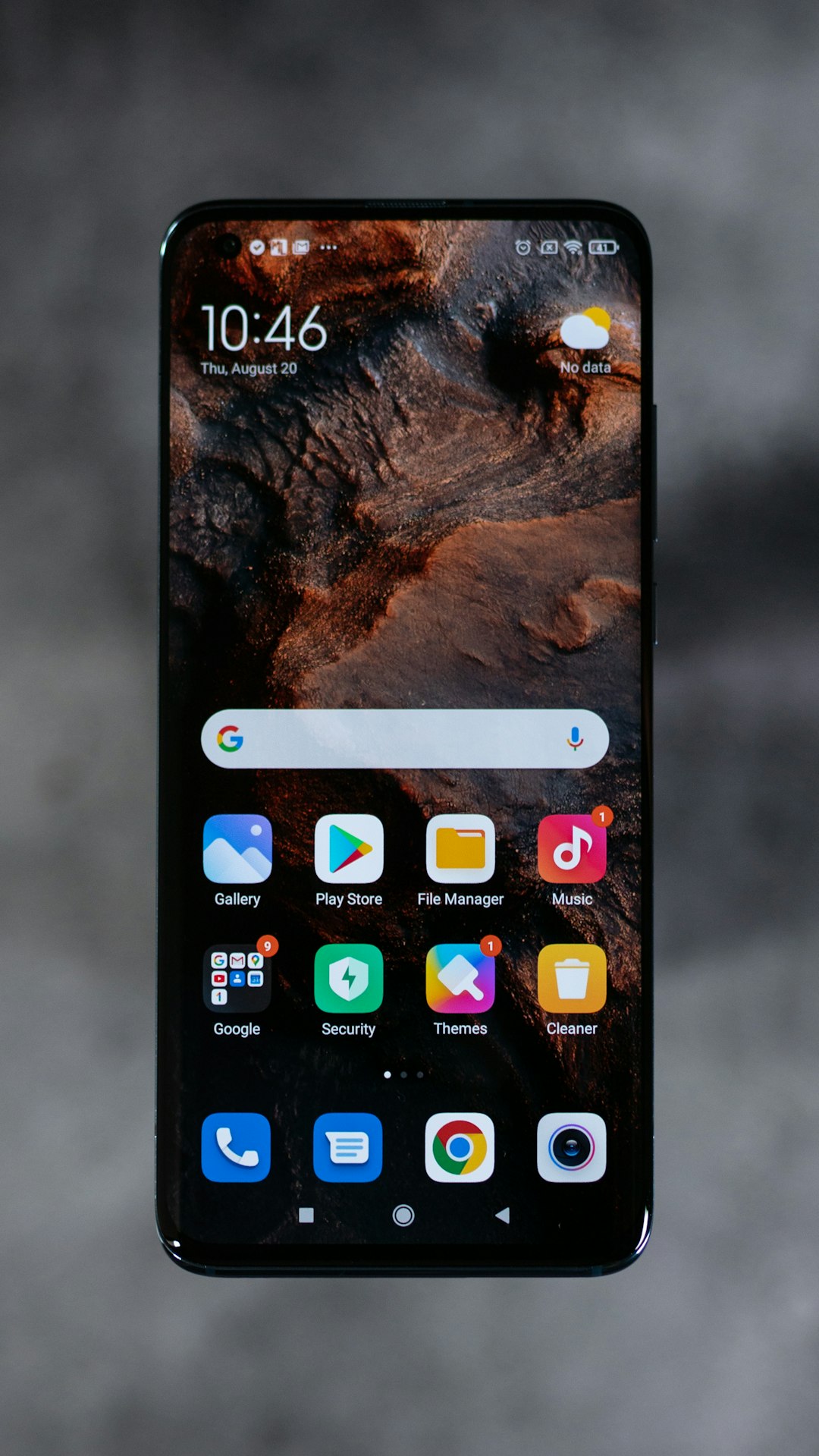Unwanted calls from law firms in Connecticut can violate federal law (TCPA) and state privacy rights. East Hartford residents have options: file FTC complaints, join class-action lawsuits, or consult a specialized unwanted call law firm Connecticut for guidance and compensation. Proactive measures like blocking unknown numbers and educating oneself about TCPA rights can help prevent legal issues.
As an East Hartford resident, you deserve to understand your rights—especially when it comes to unwanted calls. The Telemarketing and Consumer Protection Act (TCPA) is a powerful law designed to protect you from nuisance calls and text messages. This comprehensive guide breaks down TCPA lawsuits, your rights under Connecticut law, and offers strategies to defend against them. Learn how to navigate legal actions with an experienced unwanted call law firm Connecticut and protect yourself from future harassment.
Understanding TCPA Lawsuits: What They Are and How They Affect You

TCPA lawsuits, or Telephone Consumer Protection Act lawsuits, are legal actions taken against businesses or individuals who violate the TCPA, a federal law designed to protect consumers from unwanted calls and messages. This law specifically prohibits automated or prerecorded phone calls and texts to personal devices without prior express consent. If you’re an East Hartford resident receiving unwanted calls from a call law firm in Connecticut, it’s crucial to understand your rights.
Such lawsuits can have significant consequences for offending parties, including monetary damages and injunctive relief. Residents who believe they’ve been targeted by unlawful telemarketing practices can file complaints with the Federal Trade Commission (FTC) or join existing class-action lawsuits. Staying informed about your consumer rights and knowing how to respond to unwanted calls can help protect you from potential legal repercussions and financial losses associated with TCPA violations.
Unwanted Calls: Your Rights Under Connecticut Law

In Connecticut, including East Hartford, unwanted calls are more than just a nuisance; they’re a violation of your privacy and rights. The Telephone Consumer Protection Act (TCPA) is a federal law designed to protect consumers from receiving excessive or unsolicited telephone calls, text messages, and faxes. As a resident, you have the right to take action against companies or individuals who make these unwanted calls.
If you’ve received repeated phone calls from unknown numbers or marketing firms despite not providing consent, you may be able to file a complaint with the Connecticut Attorney General’s office. Moreover, consulting with a reputable unwanted call law firm Connecticut can help you understand your legal options and pursue compensation for any emotional distress or financial harm caused by these unwanted communications.
Navigating TCPA Litigation: What to Expect from a Law Firm

When dealing with unwanted call law firms in Connecticut, navigating TCPA (Telemarketing Consumer Protection Act) litigation can seem daunting. However, a reputable law firm specializing in this area should provide a clear roadmap of what to expect throughout the process. Initially, they’ll assess your case and determine if you have a valid claim under the TCPA. This involves reviewing call records, understanding the nature of communication, and identifying potential violations.
During litigation, the law firm will file legal documents on your behalf, communicate with opposing parties, and represent you in court (if necessary). They should keep you informed at every step, explaining complex legal jargon in plain language. Their goal is to protect your rights as a resident of East Hartford, ensuring you receive just compensation if your consumer rights have been infringed upon by unwanted calls.
Protecting Yourself: Strategies for Preventing Unwanted Call Lawsuits

Protecting yourself from unwanted call lawsuits involves proactive measures. One effective strategy is to be discerning with your phone number. Consider using a separate line for personal use and restricting business calls to a dedicated number. This way, you can control who contacts you and reduce the likelihood of receiving unsolicited calls.
Additionally, educating yourself about federal regulations like the Telephone Consumer Protection Act (TCPA) is crucial. Many unwanted call law firms in Connecticut cater to plaintiffs seeking compensation for TCPA violations. By understanding your rights and responsibilities under the law, you can avoid potential legal issues. Regularly review call settings on your devices, block unknown numbers, and report suspicious calls to relevant authorities. These simple precautions can go a long way in shielding yourself from unwanted call lawsuits.






